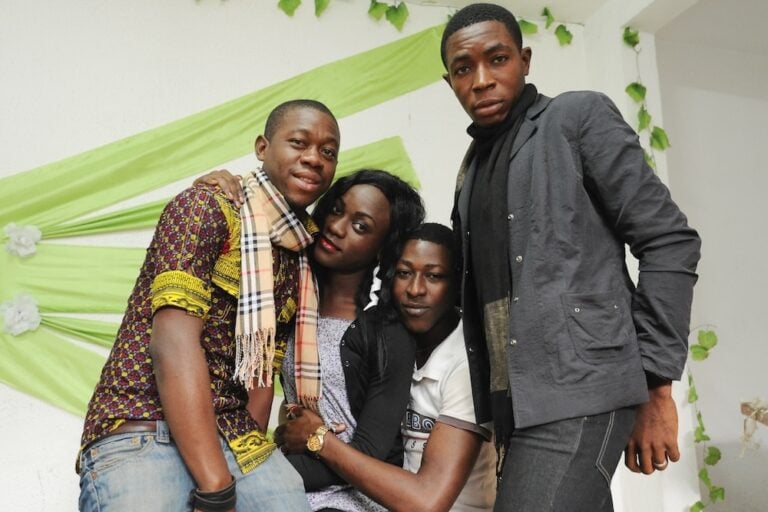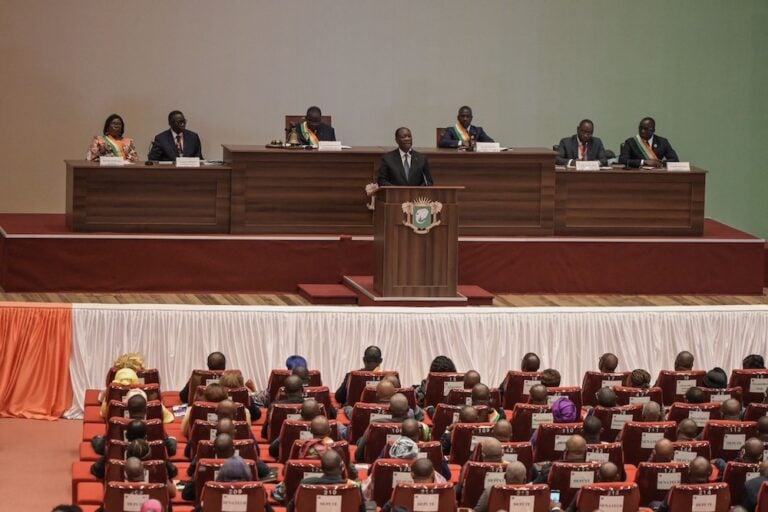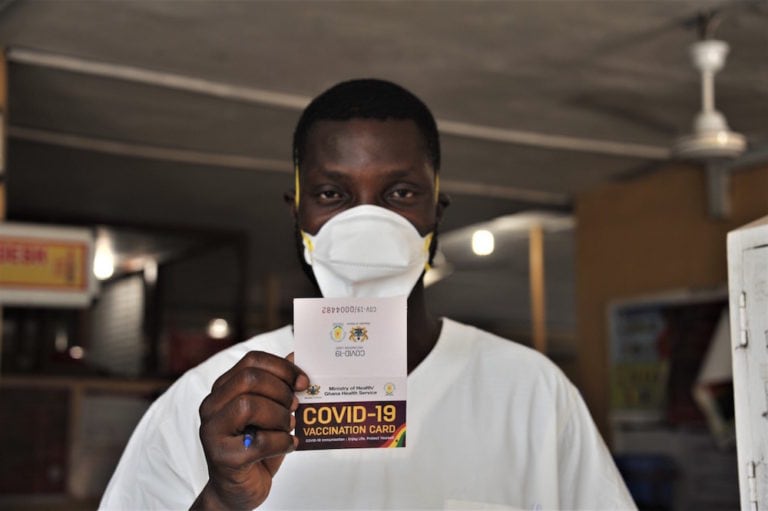Hermann Aboa has been held in custody for four months and faces six charges that could lead to life in prison.
(RSF/IFEX) – 23 November 2011 – Press freedom in Côte d’Ivoire remains a cause of serious concern seven months after President Alassane Ouattara came to power.
An application for bail by television journalist Hermann Aboa, arrested four months ago and still held in pre-trial detention, was refused two days ago and other media workers have been threatened by officials and police in recent weeks.
“Since Alassane Ouattara took office in April, Ivorian authorities have failed to demonstrate respect for freedom of the press,” Reporters Without Borders said.
“Some projects are progressing in the right direction, such as the liberalisation of radio and television, but serious infringements are still taking place. Television journalist Hermann Aboa has been in prison for more than four months, even though media law protects journalists from imprisonment.
“Other media workers have been threatened, sometimes directly by members of the government. The opposition press is placed under the power’s microscope.”
Aboa’s lawyer had applied for bail on 14 November and two days ago an examining judge in the Plateau district of Abidjan, Kouakou N’Goran, issued orders keeping the journalist in prison for the rest of the judicial investigation. His defence counsel immediately petitioned the state prosecutor and made a new bail application.
Aboa, a journalist with RTI 1, the main channel of Ivorian national television, remains on remand in the House of Arrest and Correction in Abidjan. He has been held in custody since his arrest on 21 July and faces six charges, for which he could be imprisoned for life if convicted.
Achille Kpan, a correspondent for the daily L’Inter, received verbal threats on 14 November from the minister of crafts, Konaté Sidiki, who accused him of transcribing hateful things he said at a pre-campaign meeting for the legislative elections in the western town of Man.
Shortly after these threats, some members of the Côte d’Ivoire Republican Forces, led by Mara Lanciné, head of the local youth organization and communications chief of the former warlord Losseni Fofana, drove to the press centre in Man in a military vehicle in search of Kpan. The journalist was forced to seek refuge in a safe place.
Sidiki also invited the editor of L’Inter, Félix Bony, to his office to “bring him up to date with developments”.
The publisher of the daily Notre Voie, César Etou, and one of its journalists, Boga Sivori, have been summoned by the police tomorrow to explain an article in the newspaper about the new official Mercedes cars that the government has issued to its ministers.


